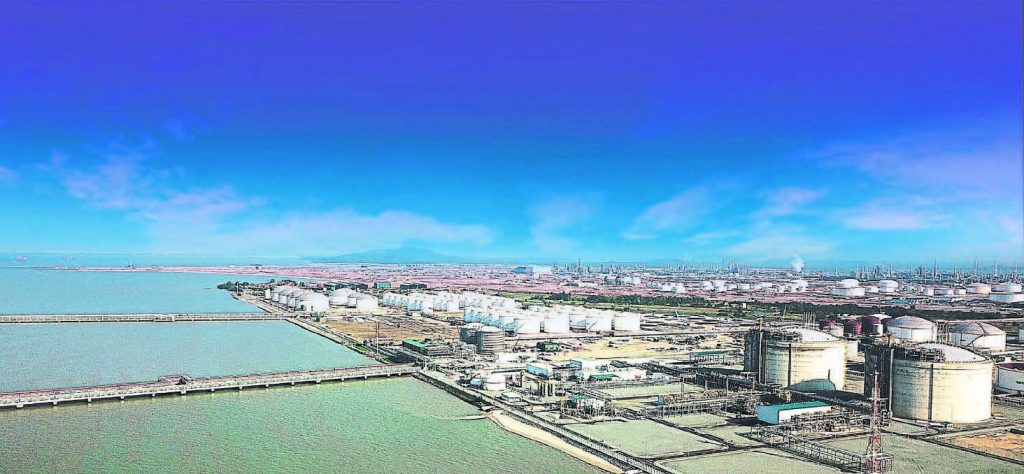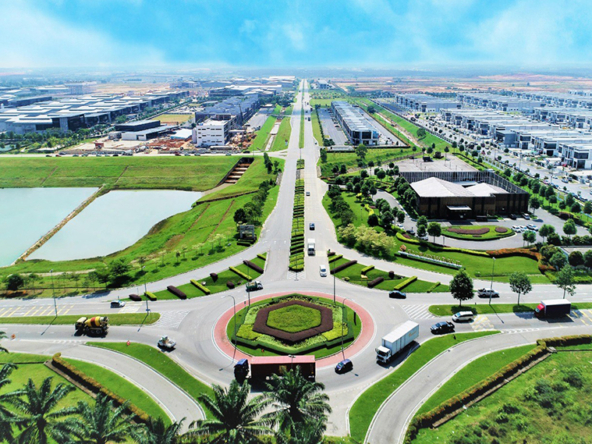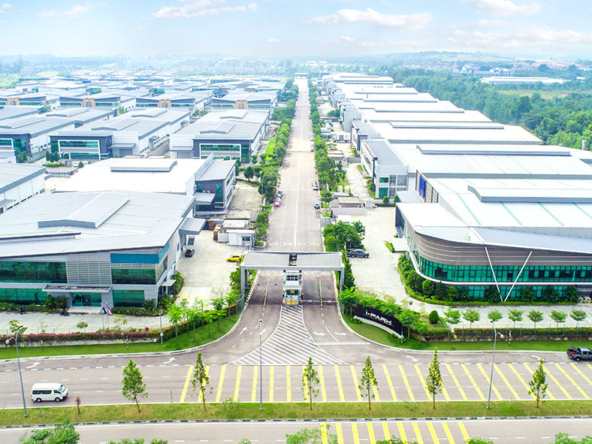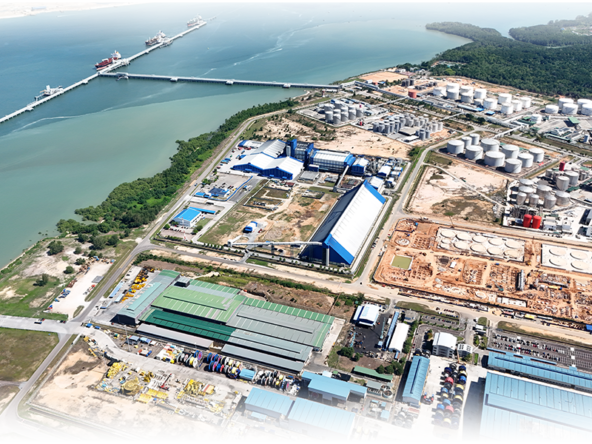The Pengerang Integrated Petroleum Complex (PIPC) is one of the largest integrated petroleum and petrochemical complexes in Southeast Asia. Located in Pengerang, in the southeastern part of Johor, PIPC is a strategic initiative by the Malaysian government to develop the downstream oil and gas industry. The complex is part of the larger Johor state economic plan and aims to position Malaysia as a key player in the global oil and gas sector.
Key Features and Advantages:
1. Strategic Location:
- Proximity to Key Markets: PIPC is strategically located along the busiest shipping lanes in the world, making it an ideal hub for petroleum and petrochemical industries. Its proximity to major Asian markets, including China and India, enhances its significance as a regional supply and distribution center.
- Access to Deepwater Ports: The complex is supported by the Pengerang Deepwater Terminal (PDT), which is designed to handle Very Large Crude Carriers (VLCCs) and provide efficient logistics for the import and export of oil and gas products.
2. Components of PIPC:
- PETRONAS Refinery and Petrochemical Integrated Development (RAPID): RAPID is the centerpiece of PIPC, featuring a refinery with a capacity of 300,000 barrels per day and petrochemical plants producing a range of products, including ethylene, propylene, and other base chemicals.
- Pengerang Deepwater Terminal (PDT): The terminal serves as a crucial logistics hub for PIPC, facilitating the storage, handling, and transportation of crude oil, petroleum products, and liquefied natural gas (LNG).
- Associated Facilities: The complex also includes utilities, tank farms, pipelines, and other infrastructure necessary for the efficient operation of the refining and petrochemical activities.
3. Targeted Industries:
- Refining: PIPC is focused on refining crude oil into various petroleum products, including gasoline, diesel, and jet fuel, catering to both domestic and international markets.
- Petrochemicals: The complex produces a wide range of petrochemical products used as feedstock in the production of plastics, synthetic rubber, fertilizers, and other industrial chemicals.
- Logistics and Storage: With its deepwater port and extensive storage facilities, PIPC is also becoming a major hub for oil and gas logistics, providing storage, blending, and distribution services.
4. Economic and Strategic Importance:
- National Development: PIPC is a critical part of Malaysia’s Economic Transformation Programme (ETP), aimed at making the country a high-income economy by 2025. The project has attracted billions of dollars in investment and is expected to significantly boost the local and national economy.
- Job Creation: PIPC has created thousands of jobs, both during the construction phase and in ongoing operations, contributing to the socioeconomic development of the Pengerang region and beyond.
- Supply Chain Integration: The complex integrates various elements of the oil and gas value chain, from refining to petrochemical production to logistics, providing a comprehensive ecosystem for industry players.
5. Infrastructure and Development:
- Integrated Facilities: The complex is designed with state-of-the-art infrastructure, including pipelines, utilities, and waste management systems, to support large-scale industrial activities.
- Environmental and Safety Standards: PIPC adheres to stringent environmental and safety standards to minimize its impact on the surrounding areas and ensure the safety of workers and the local community.
- Connectivity: The complex is well-connected by road and sea, with ongoing infrastructure improvements to enhance access to other parts of Johor and neighboring states.
6. Incentives and Government Support:
- Investment Incentives: The Malaysian government offers various incentives to attract foreign and domestic investment into PIPC, including tax holidays, investment allowances, and customs exemptions.
- Regulatory Support: The government and local authorities provide support in terms of fast-tracking approvals and facilitating business operations, making it easier for companies to establish and expand their presence in PIPC.
7. Future Growth and Expansion:
- Phase Development: PIPC is being developed in phases, with ongoing expansion plans that include additional refining capacity, new petrochemical plants, and enhanced logistics facilities.
- Potential for Downstream Industries: As PIPC continues to grow, there are opportunities for downstream industries, such as plastics manufacturing, specialty chemicals, and other value-added processes, to establish operations within or near the complex.
8. Sustainability Initiatives:
- Environmental Management: PIPC implements advanced environmental management practices to reduce emissions, manage waste, and protect the local ecosystem, ensuring that the development is sustainable in the long term.
- Renewable Energy Integration: There are plans to explore the integration of renewable energy sources, such as solar power, to complement the complex’s energy needs and reduce its carbon footprint.
Investment Opportunities:
PIPC presents significant investment opportunities in refining, petrochemical production, logistics, and related services. The combination of strategic location, world-class infrastructure, and strong government support makes it an attractive destination for companies in the oil and gas sector and those looking to tap into the growing demand for petrochemicals in Asia.
The Pengerang Integrated Petroleum Complex is a cornerstone of Malaysia’s industrial strategy, positioning the country as a leading hub for the oil and gas industry in Asia. With its integrated facilities, strategic location, and robust infrastructure, PIPC offers immense potential for businesses looking to invest in the downstream oil and gas sector, logistics, and related industries. As the complex continues to expand, it is expected to play a crucial role in driving economic growth in Johor and Malaysia as a whole.




